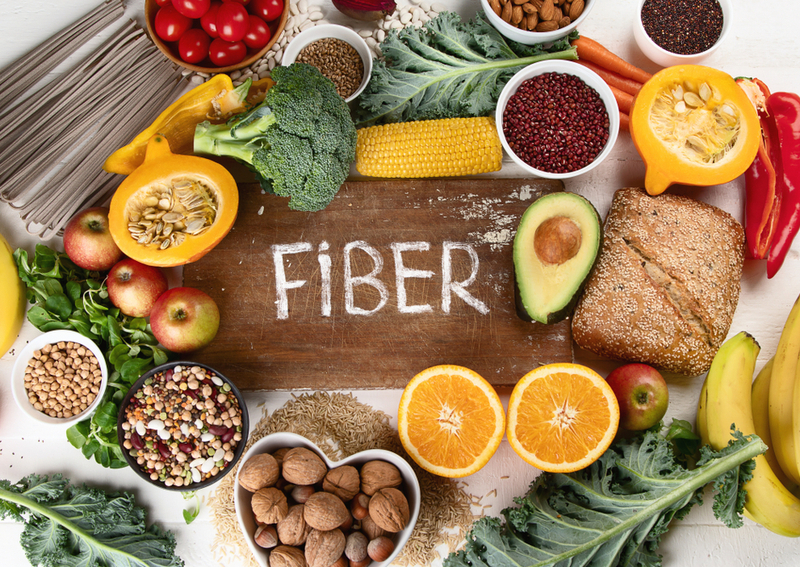
Fiber Recommendations for Seniors in Assisted Living Communities
Are You Getting Enough Fiber?
The digestive system in seniors does not work as effectively as it does in younger people. This can often lead to malnutrition and constipation problems, which is why caregivers at assisted living communities pay special attention to the diet of their elderly residents.
Including dietary fiber in the daily routine is seen to be especially beneficial for seniors. It not only helps with digestion and ensures proper nutrition but also works to eliminate the bad cholesterol and toxins from the body. Besides, increasing fiber in the diet can also help to boost glucose levels in the blood and reduce the risks of diabetes, heart diseases, diverticulitis, and colon cancer. Moreover, seniors with high fiber intake per day are also more likely to maintain a healthy weight.
Fiber Recommendations for Seniors in Assisted Living Communities
Soluble fiber, which is found in fruits, vegetables, and oats, can absorb the water content in the intestines and form a gel. This gel, when it passes through the digestive tract, drags the toxins, bile, and debris out of the body. On the other hand, insoluble fiber, which is found in beans, nuts, potatoes, and bran, acts as a scrub brush to clean the intestines and stimulates movement in the digestive tract.
It is important to note that too much fiber can cause many complications just as insufficient fiber intake can. Too much fiber can slow down the digestive system and lead to abdominal pain, bloating, gas, and constipation, while too little fiber will not wash the toxins, bad cholesterol, or other substances out of the body. Therefore, the US Department of Agriculture recommends 21 grams of dietary fiber per day to women over 50 and 30 grams of dietary fiber per day to men over 50.
Some of the most common sources of soluble fiber are apples, barley, lentils, peas, bananas, oat bran, citrus fruits, strawberries, raspberries, pistachios, and sunflower seeds. Some of the most common sources of insoluble fiber are Brussels sprouts, beans, cauliflower, flaxseed, spinach, kale, carrots, corn, sweet potatoes, wheat bran, and squash. There are many fiber supplements available for seniors as well, but caregivers at assisted living communities recommend getting fiber from naturally occurring sources to make the most of it.
Whole foods will contain many other nutrients and vitamins too that fiber supplements may not have. So seniors with constipation problems may find temporary relief by using fiber supplements, but it will not benefit them much in long term as including fiber-rich foods in the daily diet would. Besides, it is always to incorporate more fiber in the daily routine using natural sources than taking fiber supplements to meet the dietary goals.
